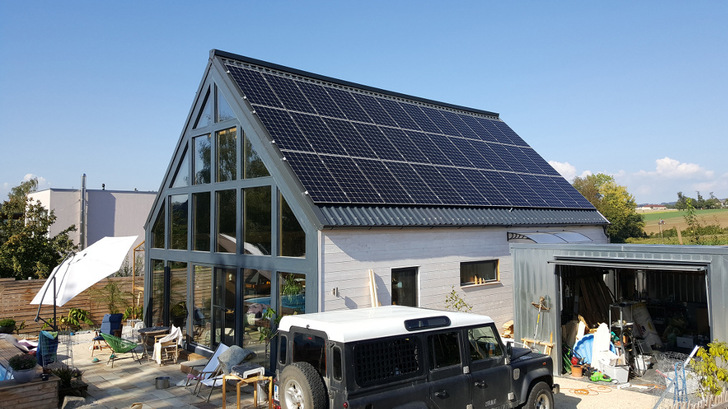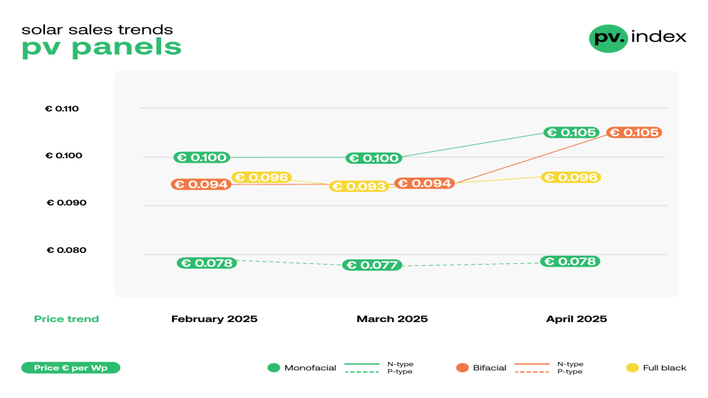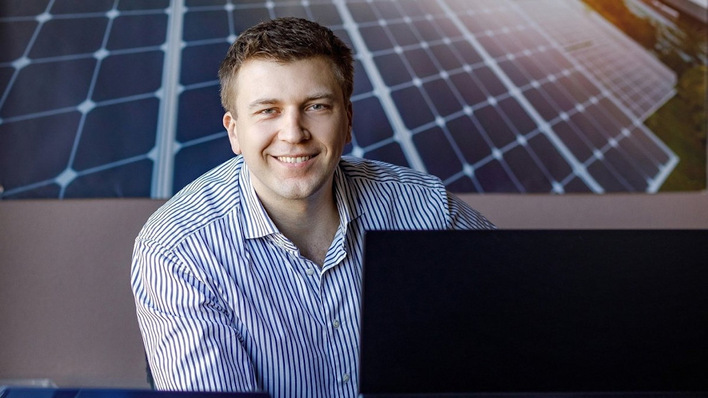If every newly built single-family, semi-detached and terraced house were equipped with photovoltaics within the next 15 years, a total of 78 terawatt hours of solar electricity would be generated during that time. This is confirmed by a current analysis by the energy giant Eon together with the think tank Energy Brainpool. According to this analysis, in 2036 alone, these systems together would generate 10.38 terawatt hours of electricity, enough to cover the annual electricity demand of more than 4.1 million private households.
Future gains in efficiency were factored in for the analysis
"Within the next 15 years, solar systems on newly built houses could save a total of 44 million tonnes of CO2," explains Filip Thon, head of Eon Energie Deutschland. It is therefore right that the German government wants to make the installation of photovoltaic systems on new residential buildings the norm. "In addition, there are still numerous suitable but previously unused areas on many existing buildings as well as in the commercial sector," he says.
See also: Why rooftop solar PV installations are now a preferred choice
For this calculation, Eon and Energy Brainpool assumed that the same number of single-family, semi-detached and terraced houses will be completed in the coming years as in the average of the past five years. For all solar power plants, a slightly decreasing efficiency over the years was assumed, as well as a slightly increasing output for newly added plants due to advancing technology. Given the findings of this analysis it can be assumed that the rooftops of the rest of Europe have a similar potential – if not greater for more southern places with better solar irradiation. (nhp/mfo)
Also interesting: Solar power from your own balcony








